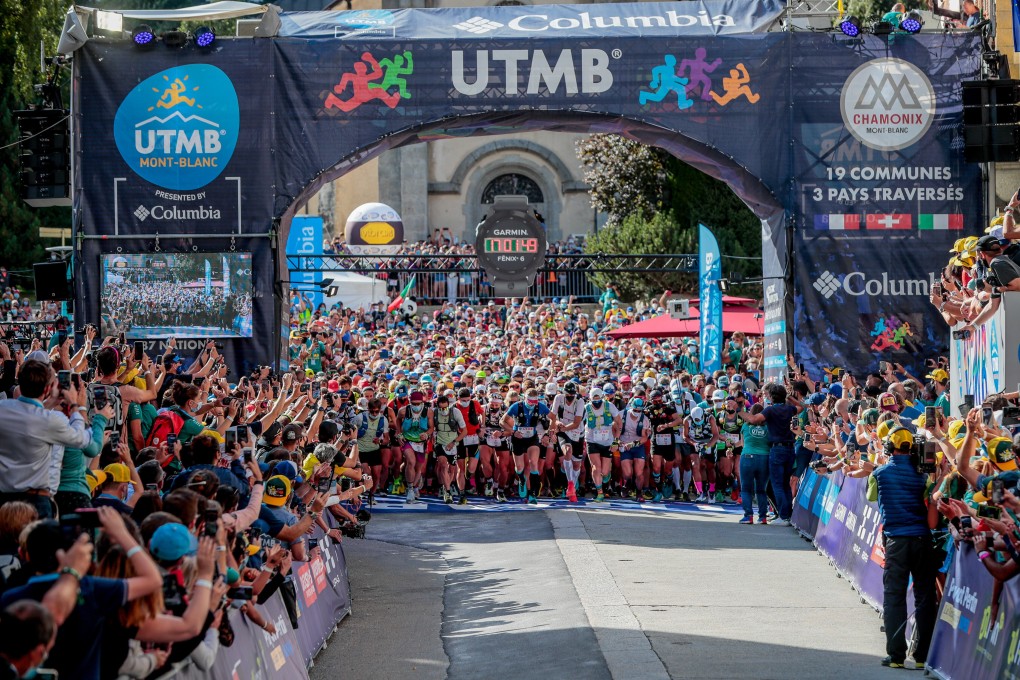Advertisement
UTMB bans painkillers to protect runners from self-medicating, following three positive tests in Chamonix
- Such substances are not banned on the World Anti-Doping Agency list but are now prohibited at Ultra Trail du Mont Blanc
- Event had three positive tests in 2021, but decides not to ban athletes due to ‘lack of knowledge’ of new rules
Reading Time:3 minutes
Why you can trust SCMP

The Ultra Trail du Mont Blanc (UTMB) has banned painkillers before or during their races to mitigate the dangers of self-medication, organisers announced on Thursday.
The organisation clarified their new policy at their UTMB’s Quartz Event health programme following three positive tests at this year’s UTMB last month.
Best known for its 170km race in Chamonix, that loops around Mont Blanc the UTMB is considered by many to be the pinnacle of the ultra racing calendar and has a start line packed with stars.
Advertisement
UTMB also now organises a World Series, with races across the globe. It is both a competition in its own right and a pathway for runners to qualify to run in Chamonix.

Advertisement
The Quartz programme was set up in 2008 and is the UTMB’s way to track runners’ health. Other races can sign up to the service that provides various health checks, and also testing for elite athletes in the 30 days leading up to the race and on the day.
Advertisement
Select Voice
Select Speed
1.00x